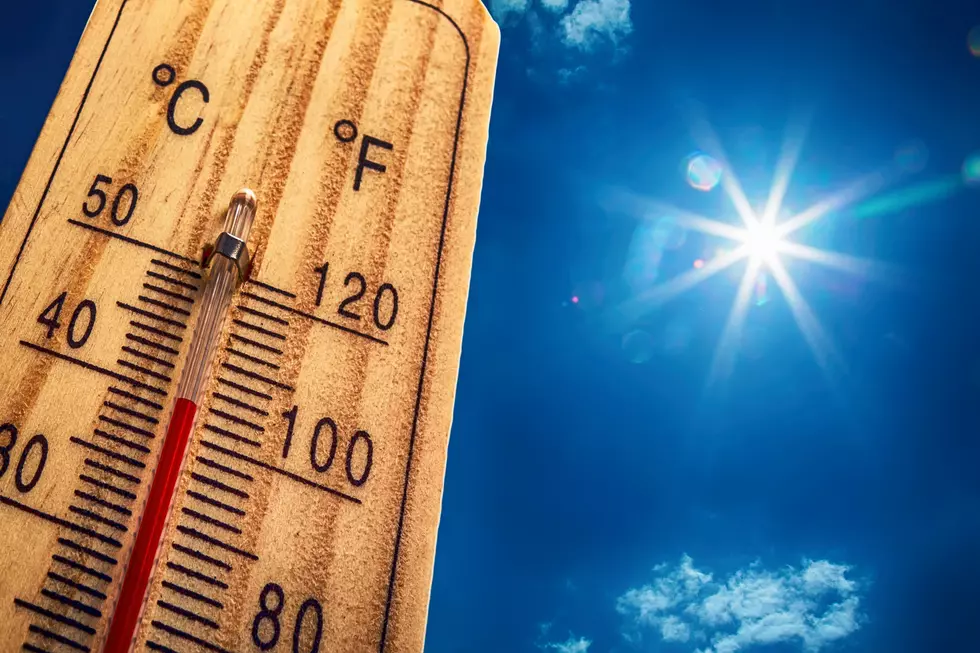
Maine Will See Its First Big Summer Hot Streak Next Week
Working in broadcast media, I understand there's a time and a place for making the most out of a story. You need to generate a lot of buzz, and get the word out, etc. And sometimes, that involves a lot of hot air. Not the kind we're about to talk about, but the kind that often just makes you look like an idiot.
When it comes to the weather, and I start hearing people throw around meteorological buzzwords like "euro-model", I kinda get turned off immediately. I don't care about a lot of the nerdy weather words that fail to make me understand anything about the weather. I stick my head out the window and look outside.

Or, I literally just trust the good old weather app on my phone. I have The Weather Channel app, and I find if you just keep at it, the forecast is generally reliable. As I started looking toward next week, I noticed that we were in for a pretty big warmup. Unlike anything we've seen so far.
Sure, we had that one day last week. But it's looking like next week, actually starting this Friday, we're going to get the blowtorch to most of the state. Friday the climb begins with a nice day in the upper 70's. But Sunday - Tuesday, expect things to stay in the upper 80's, approaching 90 degrees.
I'm certainly torn as far as this news goes. I'm looking forward to some nice warm weather, but I'll likely be one of the first ones complaining about how hot it is, and begging anyone that'll listen to turn the AC up. When it gets over 85 and turns humid, I turn into a heat complaint factory, so get ready for that, hahaha.
But yeah, this looks legit. No euro-trash weather models here. No fitted-suit meteorologists acting like weather gods. This is my phone, telling me the truth. You can trust my phone as much as any weather person, that's for sure. But take a look at your own phone if you don't believe mine, hahaha.
See you in shorts and flip flops next week.
LOOK: The most expensive weather and climate disasters in recent decades
10 Tips Relating to Dogs, Cars, and Hot Days
KEEP READING: Get answers to 51 of the most frequently asked weather questions...
More From WQCB Brewer Maine









